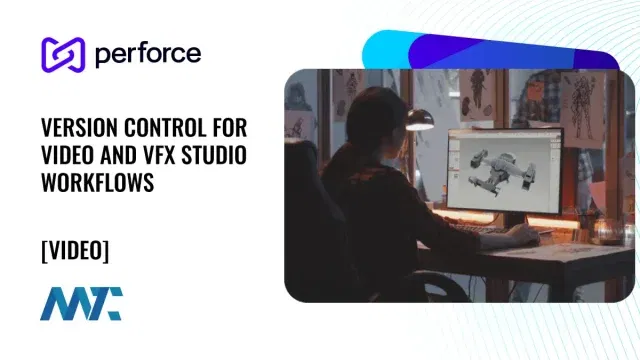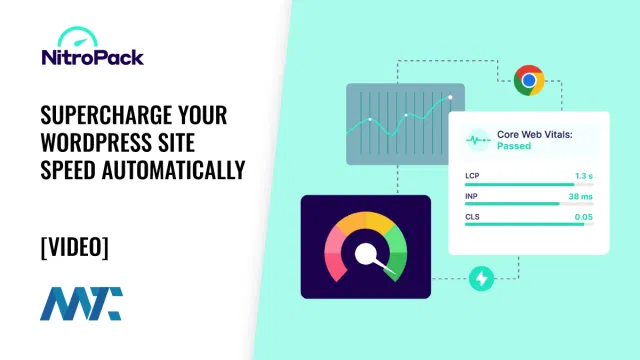This is the most popular content on Martech Zone.
Martech Zone’s Most Popular Articles
-

Why You Should Send Cards this Holiday
Our sponsors at SurveyMonkey released a holiday survey and found 63% of the 1,000 respondents will send holiday cards for the 2011 holiday season. In an age where text, twitter, and Facebook updates are the main form for daily personal updates, the holiday card remains the gold standard for the period in the year where people aim to keep traditions…
-

PhoneBurner: Double Your Outbound Sales Call Answer Rates With This Power Dialer
Sales teams today are asked to do more with less—less time, fewer resources, and shorter attention spans from prospects. Yet the pressure to hit outreach quotas, qualify leads, and close deals hasn’t let up. Making 100 calls to have a handful of conversations is frustrating, inefficient, and often demoralizing. Phoneburner That’s why sales teams are turning to PhoneBurner, a power…
-

Perforce: Version Control for Video and VFX Studio Workflows
Creative teams in animation, video, and virtual production face ever-growing complexity. As asset libraries balloon and project timelines shrink, bottlenecks in workflow and version control can stifle momentum. Artists, developers, and producers alike need seamless collaboration, scalable storage, and instant access to the right files at the right time. Perforce Perforce offers a high-performance version control platform purpose-built for the…
-

NitroPack: Supercharge Your WordPress Site Speed Automatically
Speed is more than a luxury—it’s a necessity. A sluggish WordPress website doesn’t just frustrate users; it costs conversions, undermines SEO rankings, and erodes brand trust. Whether you’re running an online store, managing content, or scaling a high-traffic blog, performance optimization should be a top priority. Yet, many site owners find themselves buried in complex setups and half-effective plugins that…
-

WordPress rel=”prev” and rel=”next”
Quite a few years ago, folks would fine-tune their pages using a technique called nofollow. Basically, if you wrote rel=”nofollow” within an anchor tag (a link), the theory was that the search engine would ignore that link and ignore the next page. It’s been used extensively by sites like Wikis and within comments so that user-edited links wouldn’t be abused…









